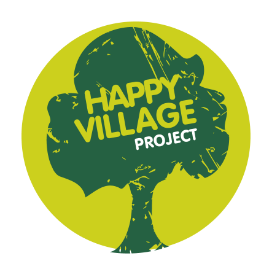
The Happy Village Project is a comprehensive sustainability project. In addition to facilitating the transition to organic farming for over 4000 registered farmers, the project focuses on preserving the natural life balance in fields and gardens, while also placing great importance on educating both farmers and their seasonal workers. The project's fundamental elements include training seasonal workers during harvest periods, ensuring fair and good working conditions, meeting their needs, and contributing to rural development.
We promote organic farming and good agricultural practices to protect the environment
Işık Tarım creates significant interaction between employees, customers, growers, consumers, and everyone in our community
We provide good working conditions for harvest workers and their families.
All fruits and nuts we offer are traceable directly to their source and the farmers who grow them.
We support rural development by making life easier and better in rural areas
Farmers
Villages
M2 Land converted to organic land
Apricot, Hazelnut, Grape, Fig, Strawberry, Cherry, Mulberry
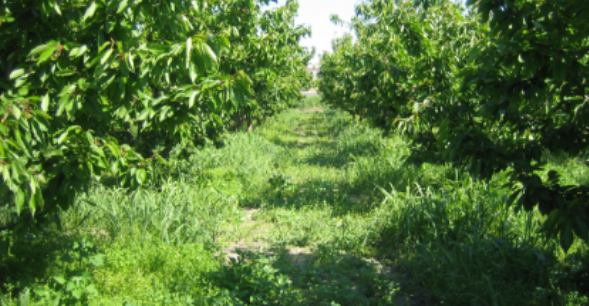
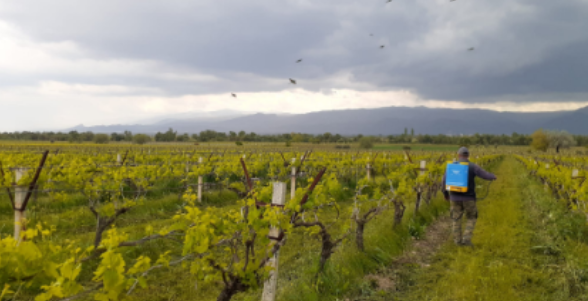
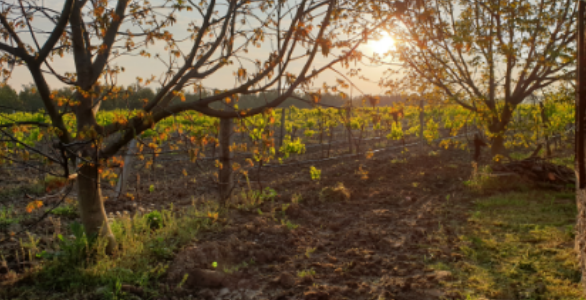

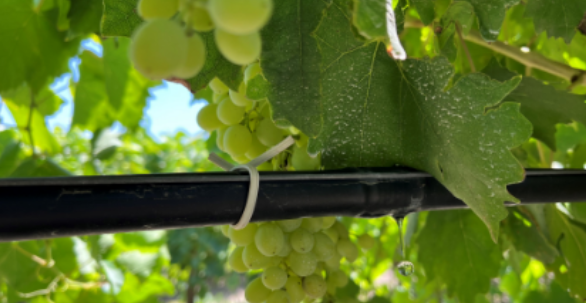
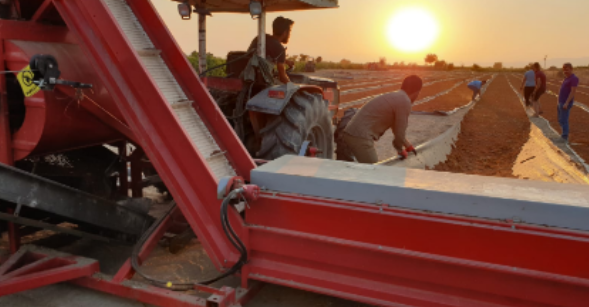

The Işık Tarım Agricultural Team provides regular training to farmers registered in the Happy Village to raise awareness and support production in accordance with organic standards of different countries.
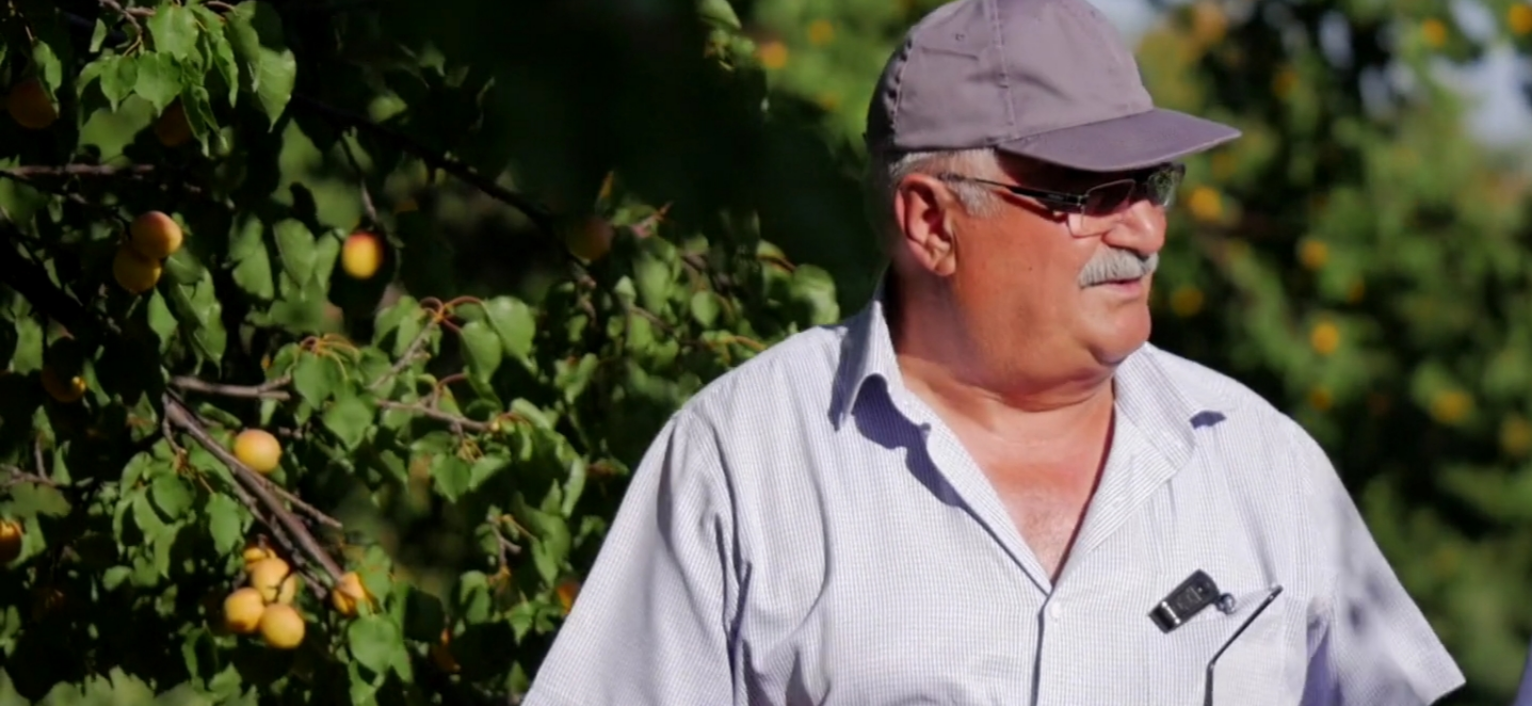
Our organic farmers registered in the Happy Village Project need intensive seasonal workers, especially during harvest periods, to collect their products. Işık Tarım provides orientation, occupational health and safety, hygiene, and sanitation training to workers who come to collect products in fields and gardens for 1-2 months, to create workers who own the product, are conscious and educated. In addition to training, we have numerous projects certified under Fair for Life, Certified Fair Trade, and Rainforest Alliance to ensure that seasonal workers live and work under fair and good conditions.
According to Işık's sustainability approach:
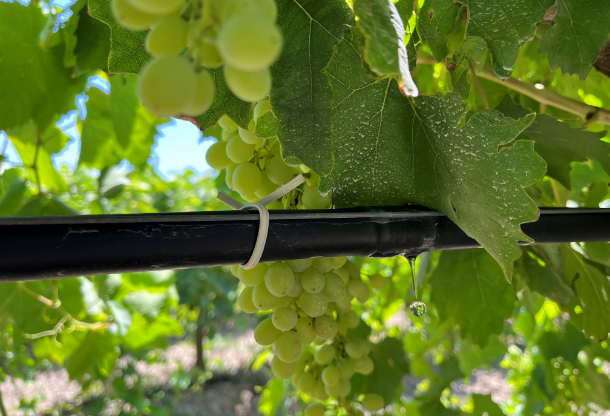
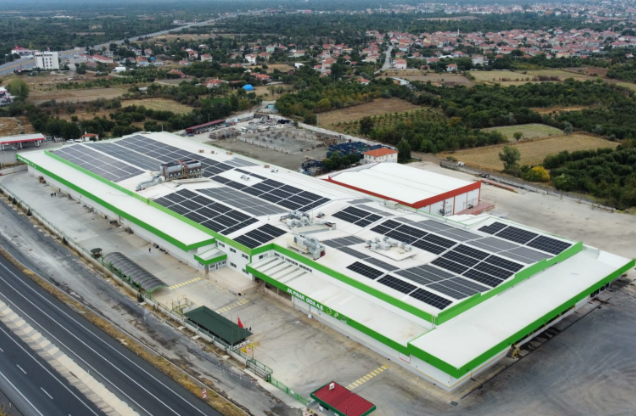
We are determined to reduce our impact on the environment for today and future generations. In addition to taking steps to reduce our own carbon footprint, we supply clean and renewable energy to power most of our facilities. This helps us use energy more efficiently and reduce our greenhouse gas emissions.
Thanks to the solar panels we installed on the roofs of our dried fruit and frozen fruit factories, we saved 7,464 trees in 2022.
